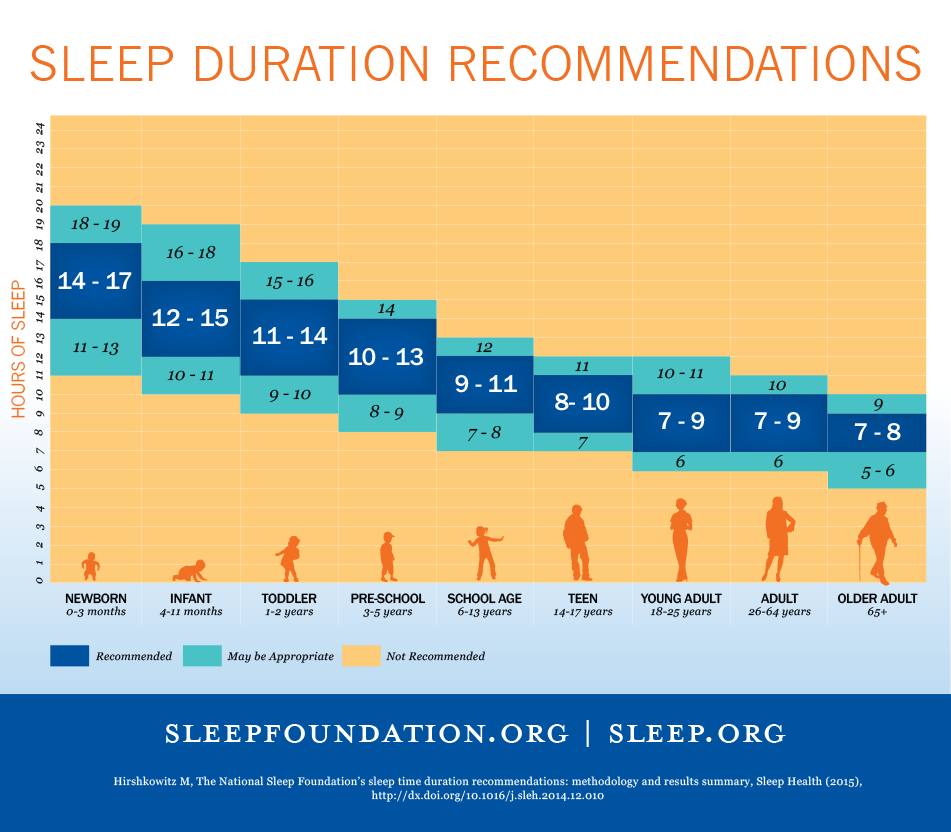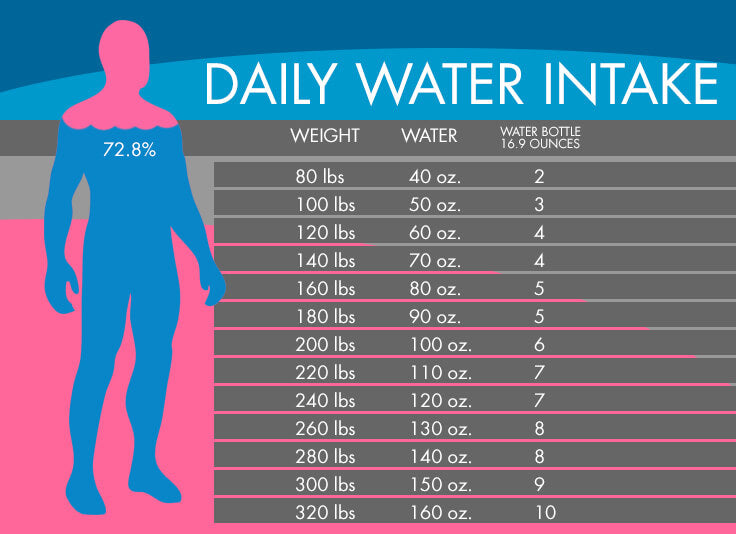Self-care: Physical Wellness
Taking care of our body to take care of the mind.
MOVEMENT
Self-care is an essential aspect of maintaining our overall well-being, and physical fitness and nutrition play a crucial role in this. One key step to maintaining a self-care practice is ensuring that we move our body for at least 15 minutes a day. This can be as simple as going for a brisk walk, dancing to our favorite songs, or doing a quick workout routine. Regular physical activity not only helps us to stay fit and healthy but also improves our mood and reduces stress levels.
Did you know?
- The amount and type of movement we engage in throughout the day can have profound effects on our physical and mental well-being.
- Research shows that the average person spends around 7 to 10 hours sitting each day. This sedentary lifestyle can contribute to a wide range of health issues, including obesity, heart disease, and even mental health problems like anxiety and depression. Incorporating more movement into our daily routines is essential for maintaining a healthy and balanced lifestyle. Whether it's taking short walks during breaks, standing up and stretching every hour, or engaging in regular exercise, every little bit of movement counts.
Now, let's explore the types of movement and their impact on our physical and mental states.
- Aerobic exercise, such as jogging, swimming, or cycling not only helps improve cardiovascular health but also releases endorphins, which are commonly known as "feel-good" hormones. These endorphins can reduce stress, boost mood, and enhance overall mental well-being.
- On the other hand, activities like yoga and tai chi focus on slow and controlled movements, promoting mindfulness and relaxation. These practices can help reduce anxiety, improve flexibility, and enhance mind-body connection.
What are the ways you like to get your daily movement in? Share in the discussion below.
SLEEP
Another important aspect of self-care is getting enough sleep. Most adults require 6-8 hours of sleep every night to function optimally. It is essential to make sleep a priority and create a bedtime routine that allows us to unwind and relax before going to bed. In addition to the quantity of sleep, the quality of sleep is equally important. Creating a conducive sleep environment, such as keeping the room dark and noise-free, can help ensure a restful night's sleep.
Did you know?
- Lack of sleep can have a significant impact on your physical body.
- It turns out that getting enough sleep is not just important for your mental well-being, but also for your physical health. When you don't get enough sleep, it can affect your body in various ways. One major impact is on your immune system. Studies have shown that people who don't get enough sleep are more likely to get sick when exposed to viruses, such as the common cold or the flu. Lack of sleep can weaken your immune system, making it harder for your body to fight off infections. So, if you want to stay healthy, make sure to prioritize a good night's sleep.
- Another area where lack of sleep can take a toll on your physical health is in your weight.
- Research has shown that insufficient sleep can lead to weight gain. When you don't get enough sleep, it can disrupt the balance of hormones that regulate hunger and fullness. This can result in increased appetite and cravings for high-calorie foods. Moreover, lack of sleep can also affect your body's ability to metabolize carbohydrates, leading to high blood sugar levels and an increased risk of developing conditions like diabetes. So, if you're trying to maintain a healthy weight or manage your blood sugar levels, getting enough sleep is essential.
- Lastly, inadequate sleep can also impact your cardiovascular health.
- When you sleep, your body repairs and rejuvenates itself, including repairing damage to your blood vessels. When you don't get enough sleep, it can increase your risk of developing cardiovascular diseases, such as high blood pressure and heart disease. Lack of sleep has been associated with an increased likelihood of having a heart attack, stroke, and irregular heartbeat. So, if you want to keep your heart healthy, it's crucial to prioritize getting the recommended amount of sleep each night.
HYDRATION
Water is essential for our overall health and well-being. Our bodies are made up of approximately 60% water, which is needed for various physiological functions, such as regulating body temperature, aiding in digestion, and transporting nutrients and oxygen throughout the body. Water also helps to flush out toxins and waste products, keeping our organs functioning optimally. When we are properly hydrated, we feel more energized, alert, and focused. Dehydration, on the other hand, can lead to fatigue, headaches, and poor concentration. Therefore, it is crucial to pay attention to our water intake to maintain good health.
The amount of water we need to drink daily can vary depending on various factors such as age, gender, activity level, and climate. A general rule of thumb is to aim for is half your body weight in ounces of water a day. However, individual needs may vary, so it is essential to listen to your body and adjust your water intake accordingly. Keep in mind that certain conditions like pregnancy or breastfeeding may require increased water consumption. It is also important to note that water needs can change based on factors like physical activity, illness, or medication use. Staying mindful of your body's signals can help you stay hydrated and healthy.
To ensure that you are meeting your daily water intake needs, you can keep track of your water consumption by using a water bottle with measurements or setting reminders throughout the day. You can also include water-rich foods in your diet, such as fruits and vegetables, to increase your overall water intake. Remember that staying hydrated is not only about drinking water when you are thirsty but also about maintaining a consistent level of hydration throughout the day. By being mindful of your water intake and making it a priority in your daily routine, you can support your overall health and well-being.
Out of movement, sleep and hydration, which area of your own personal wellness do you feel like you are conquering right now?
Which piece of your overall wellness needs a little attention?
>>Comment in the section below<<








19 comments